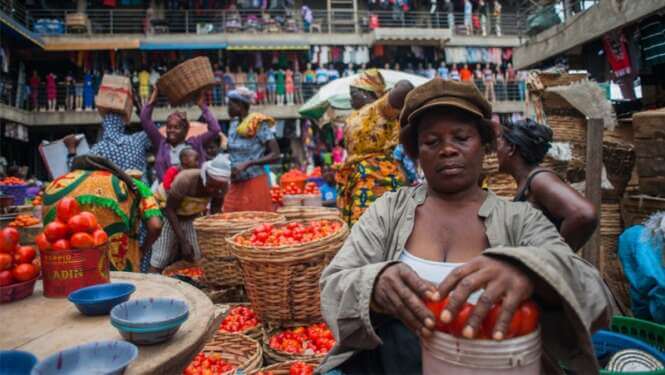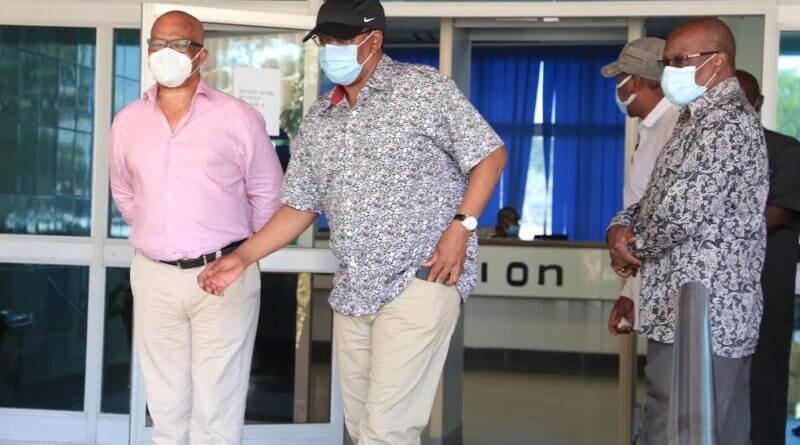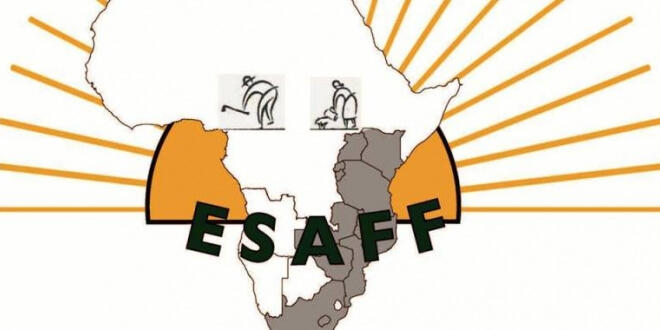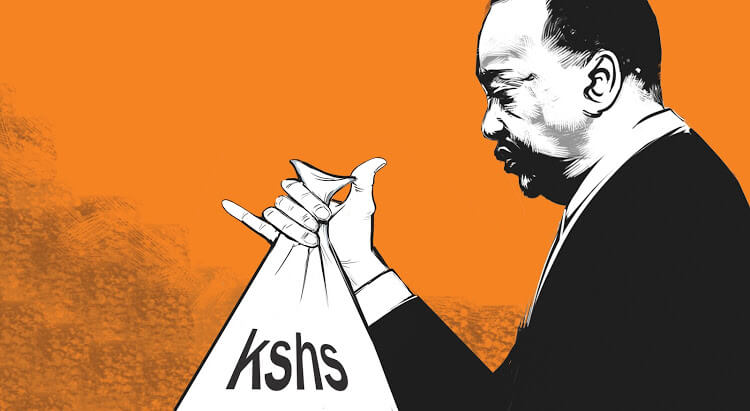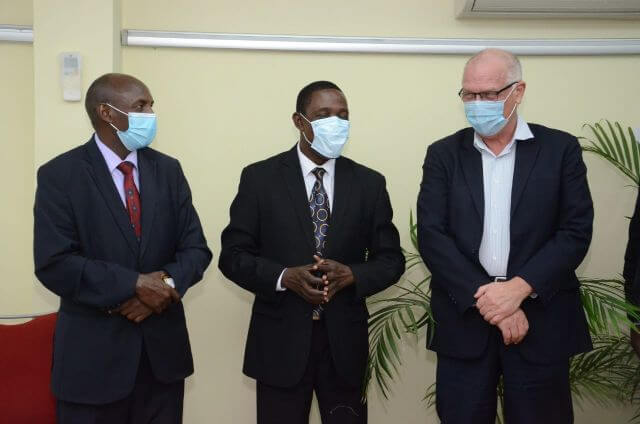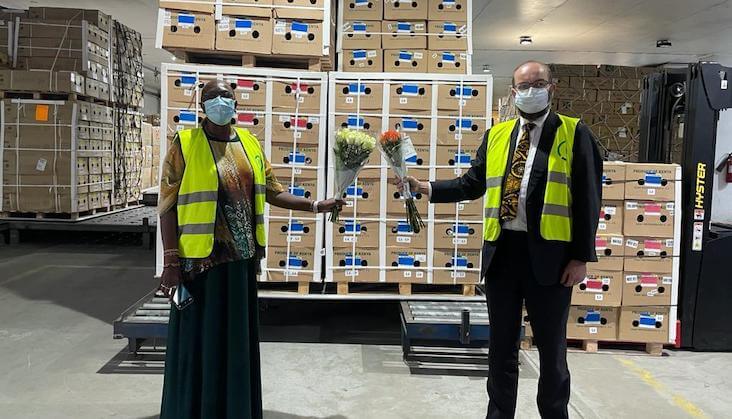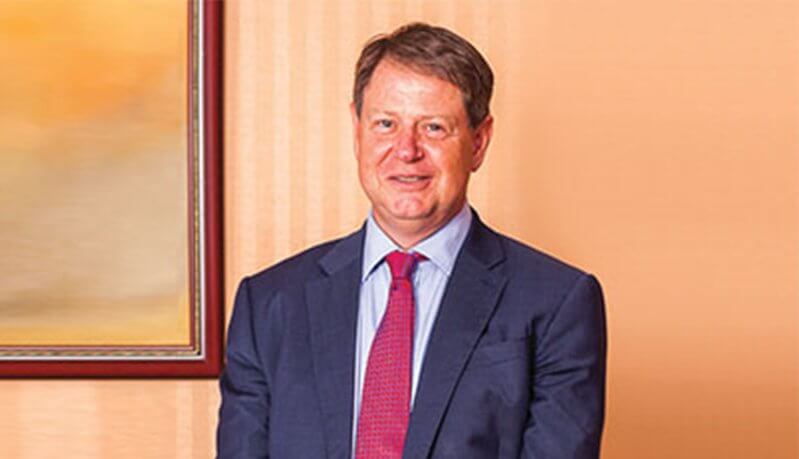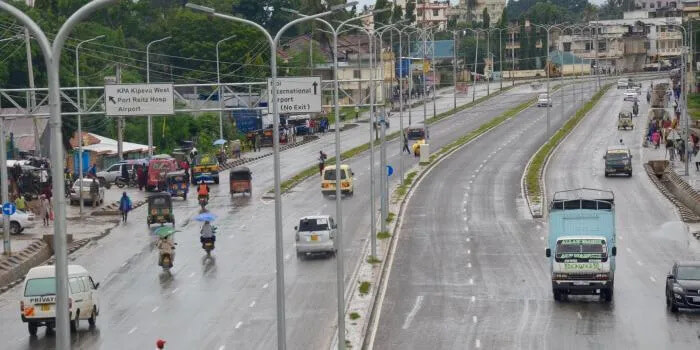It is no brainer that many foreign countries have been eyeing Africa for trade and investments purposes. Africa is known of its rich mineral land and unexploited resources that mother countries have lacked required capital and technical skills to do it themselves from oil, diamonds, gold not to mention all the agricultural products such as coffee, tea, cocoa etc. United States of America, one among the biggest ranked economies in the world has had interests in doing business in Africa since time immemorial, at the time when Vice President Richard Nixon after winding his trip in Africa recommended to then President Dwight Eisenhower of the greater potential of drawing attention in Investing in Africa and so has been that not with U.S.A but the likes of China, United Kingdom, and other countries such as Japan as had their good sharable investment steps in doing business in the continent. The Obama administration championed to suite U.S. initiatives by Introducing and running a campaign of Doing Business in Africa, Power Africa, and Trade Africa, while the Trump Administration transformed the Overseas Private Investment Corporation into the Development Finance Corporation, beginning negotiations for a free trade agreement with Kenya, and launched Prosper Africa – a U.S. government initiative that was meant to increase trade and investment between the United States and Africa. However, the Interim National Security Strategic Guidance that was formed by the current U.S administration headed by President Biden made its way clear of partnering with dynamic and fast-growing African economies...
How Foreign Countries Can Trade And Invest In Africa
Posted on: March 29, 2021
Posted on: March 29, 2021

